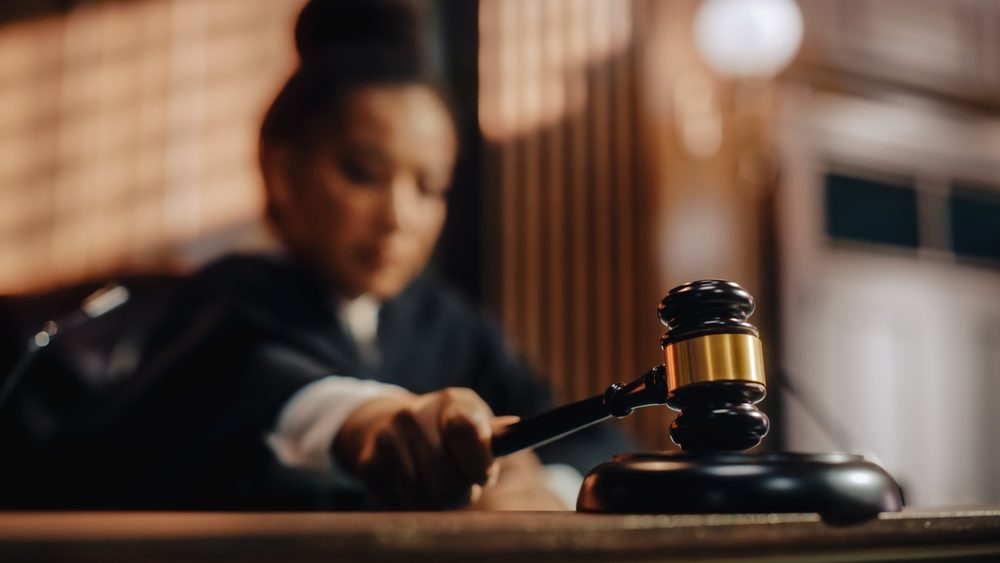
Proximate cause is a legal rule that links an injury to the actions of the person responsible. If you get hurt in an accident, you must show that someone else’s actions caused your injury. Proximate cause is an important part of proving who is at fault.
In Georgia, proximate cause means the injury must be a predictable result of another’s actions. If the injury is too unexpected or far removed from what happened, the person might not be held liable. If an insurance company is investigating your claim, you could have trouble proving proximate cause.
Insurers look for ways to deny claims, arguing that something else—like bad weather or the victim’s actions—caused the injury. This is where our Marietta personal injury lawyers will help. We know how to fight back against these tactics to get your deserved damages.
What is Legal Proximate Cause in Georgia?
Proximate cause goes beyond just showing that an action happened before the injury. The key question is: Was the injury a natural and foreseeable consequence of the defendant’s actions?
Georgia courts use the foreseeability test to decide proximate cause. This means:
- If the injury was a logical and expected result of someone’s actions, they will be held responsible.
- If the injury was too unpredictable or caused by something unrelated, they are not liable.
For example, if a driver runs a red light and hits a pedestrian, the pedestrian’s injuries are a foreseeable result of the driver’s reckless actions.
However, if a driver runs a red light and later, due to the crash, a traffic signal malfunctions and causes a separate accident hours later, the first driver would not be liable for that second accident.
Proximate Cause vs. Actual Cause: What’s the Difference?
Many people confuse proximate cause with actual cause (cause in fact). While both are important, they are not the same:
- Actual cause is the direct action that led to the injury. It answers the question: Would the injury have happened if not for this action?
- Proximate cause is about whether the injury was a predictable outcome of the action.
In Georgia, a defendant could argue that, even if they caused an accident, the injury was too unpredictable or indirect to hold them responsible.
Why Proximate Cause Matters in Georgia Personal Injury Cases
Proving proximate cause is important because Georgia follows a comparative fault system (Ga. Code § 51-12-33). Under this system, if the injured person is found partially at fault, their damages will be reduced. If they are 50% or more at fault, they cannot recover any damages at all.
Insurance companies often argue that an injury was not a foreseeable result of an accident to reduce or deny payment for your damages. Having a personal injury attorney on your side will help you protect your interests.
How Our Team Will Work to Prove Proximate Cause in Your Case
Proving proximate cause is one of the most important parts of your case. Our legal team will:
- Gather strong evidence to prove a direct link between the accident and your injuries
- Work with medical experts who will explain and confirm how your injuries happened
- Challenge insurance company arguments that try to shift blame away from their client
How Georgia Courts Decide Proximate Cause
Georgia courts look at several factors when deciding proximate cause, including:
- Foreseeability: Could the defendant have reasonably predicted the injury?
- Intervening causes: Did something unexpected happen that caused the injury instead?
- Chain of events: Was there a direct link between the defendant’s actions and the injury?
Common Defenses Against Proximate Cause in GA Injury Cases
When filing a personal injury claim, the other party’s insurance company will likely try to argue that proximate cause does not apply. Some common defenses include:
- Intervening causes: The defense could claim that something else—like another person’s actions or an unexpected event—actually caused your injury.
- Assumption of risk: If the injured person knowingly put themselves in a dangerous situation, the defense might argue they accepted the risk of injury.
Because Georgia follows comparative fault rules when determining negligence, the defense will likely argue you were partly to blame for reducing or denying your claim.
Our attorneys on our team will counter any arguments that the defense puts forth that you are 50% or more at fault and fight for your damages.
Statute of Limitations Set Filing Deadlines for Claims in Georgia
If you’ve been injured in an accident, you have two years to file a personal injury lawsuit under Ga. Code § 9-3-33. Waiting too long could mean losing your right to recover damages. If you’re unsure about your deadline, speak with an attorney as soon as possible.
Call Us to Learn What Proximate Cause Is and How It Will Affect Your Case
At Jones & Swanson, we know that proving proximate cause is key to winning your injury case. Big insurance companies have teams of lawyers working to deny claims, but we fight back. We are a smaller firm by choice, which means we give your case the personal attention it deserves.
Unlike big firms that treat clients like numbers, our attorneys have built a reputation for excellent results, diligence, and responsiveness. We have the experience, resources, and commitment to take on even the most complex cases, including catastrophic injuries.
If you’re dealing with an insurance company that’s questioning proximate cause in your case, don’t face them alone. Call us today for a free consultation. We’ll help you understand your rights, fight for your damages, and make sure you get the justice you deserve.










